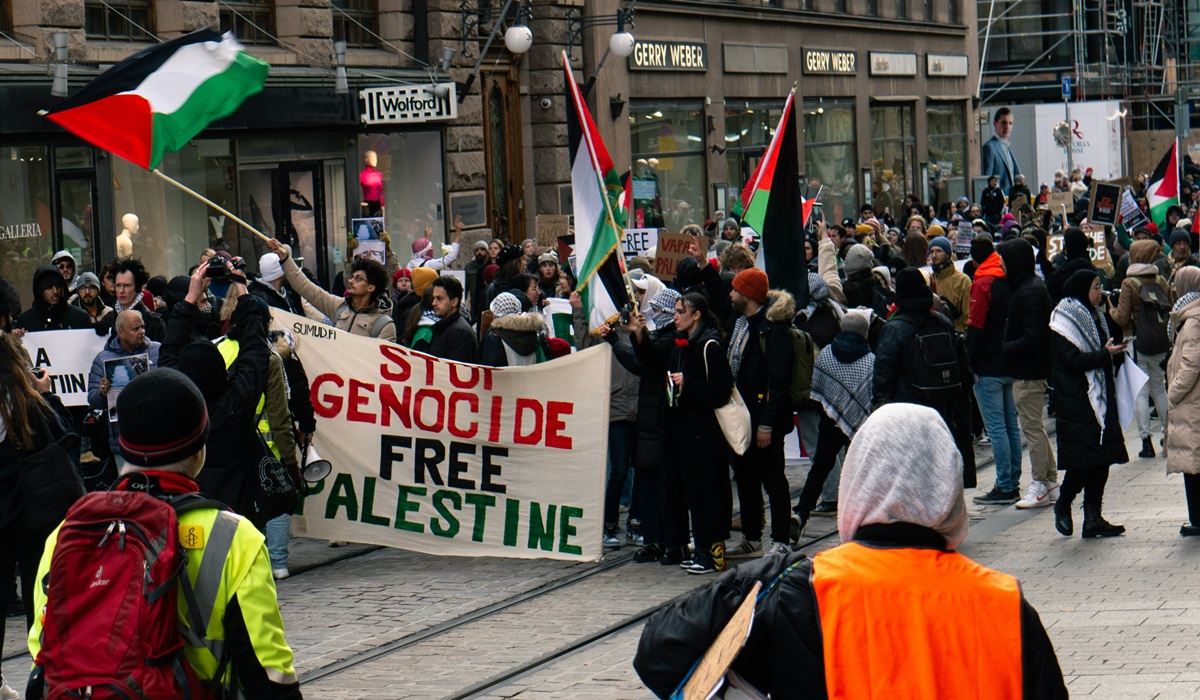The African continent has been a focal point of international attention, with numerous leaders publicly addressing the region’s challenges, whether at home or on global platforms like the United Nations. However, the terminology and interpretations surrounding African events have led to a significant philosophical and ideological disconnect between African leaders and Western and European civilizations.
One of the critical issues contributing to the divide is the terminology used to describe political events in Africa. African leaders are growing increasingly frustrated with how their efforts for change are labeled as “coups” or “toppling democratically elected heads of states” by Western observers. From their standpoint, these actions are seen as acts of liberation, removing leaders they perceive as puppets selected by their former colonizers.
Africa’s post-colonial experience has left a lasting impact on the continent. While colonialism was officially declared decades ago, many African countries still find themselves under the influence of their former colonial rulers. This is exemplified by exploiting Africa’s rich resources, often with minimal benefit to its people.
Resource exploitation remains a contentious issue in Africa. With a collective population of over 1.3 billion, African nations are witnessing their natural resources being extracted and sold back to them by foreign entities, such as France, at a substantial markup. These practices perpetuate poverty on the continent, as African countries are compelled to deposit their funds in foreign central banks while outsiders benefit from their wealth.
In the eyes of many Africans, political changes are not “coups” but necessary steps towards self-determination and economic independence. They argue that African countries can flourish only by asserting control over their resources, making trade deals, and establishing the forms of government that work best for them.
It’s important to acknowledge that Africa is the wealthiest continent in the world in terms of natural resources. Many worldwide depend on African resources to support their economies. Without Africa’s contributions, global poverty rates would be significantly higher. Therefore, Africa’s pursuit of self-determination and resource control is not merely an internal affair but has profound global implications.
The philosophical and ideological disconnect between European and Western civilizations and African leaders on political change and resource control is evident. While they may perceive these events as coups, Africans view them as necessary steps towards liberation from post-colonial constraints and economic exploitation. Understanding these perspectives is crucial in fostering a more constructive dialogue between Africa and the West and, ultimately, in addressing the complex challenges faced by the African continent.
The disparity in perspectives between African leaders and their post-colonializers highlights the urgency for a more nuanced understanding of Africa’s history, post-colonial struggles, and the aspirations of its people. To bridge this gap, dialogue and empathy must replace misconceptions and assumptions, paving the way for collaboration that respects African sovereignty, encourages economic growth, and fosters a harmonious global community.









